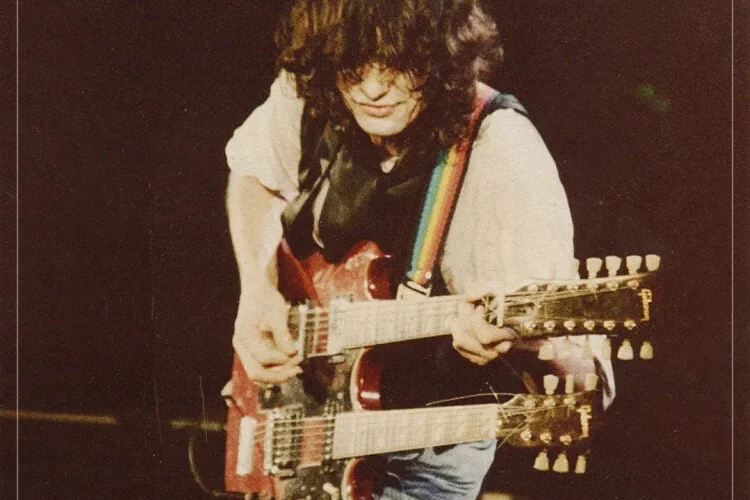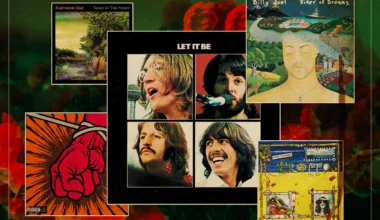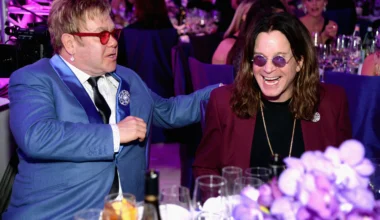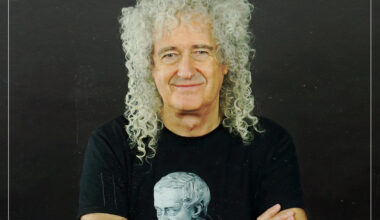Even five years after the demise of The Smiths, Johnny Marr was still being hounded with questions about why he chose to leave the band at the height of its powers. While promoting the debut album by his indie “supergroup” Electronic in 1991, Marr declared that the decision “certainly wasn’t any kind of career move. One thing that is not good for your career is alienating your entire audience”.
By this point, Smiths fans who had felt alienated by Marr’s exit might have found it a bit easier to understand if the guitarist had, in fact, launched into a high-profile solo career, writing his own songs and embracing his freedom outside the oppressive confines of the Morrissey partnership. But his version of liberation was far more under-the-radar and against typical expectations for a venerated guitar god, making it all the more perplexing to fans and journalists alike. Why would anyone leave one of the most respected bands in the world simply to become a low-profile session man for a bunch of other bands?
“At the peak of our career [with The Smiths], we had such an intense relationship between the four of us,” Marr explained, “but that intense relationship created a bubble that was really hard to live inside of continually.”
The lesson that Marr seemed to take away from the whole band experience was that he didn’t want to find himself in another one of those constrictive bubbles. If his future projects were more open-ended and his role more passive than essential, he could focus more on what he actually loved most about being a musician.
“I wanted to break with the responsibility,” he said, but that didn’t mean literally taking time off. If anything, it meant getting back into the studio as often as possible and serving the “workaholic” side of his personality.
“Being told what I should and shouldn’t do [after The Smiths], it kind of stoked my stubborn streak,” Marr told the Boston Globe. “I wasn’t a great believer in the guitar-hero ethic. It’s like Jimmy Page in reverse: Stand in the shadows and still have the joy of making records. I think the have-guitar-will-travel lifestyle is not to be sniffed at.”
Famously, before he joined The Yardbirds and ultimately co-founded Led Zeppelin, the arguable Zeus of guitar gods, Jimmy Page, was a young session player, sitting in those proverbial shadows as an anonymous contributor on records by everyone from The Kinks and The Who to Donovan and Engelbert Humperdinck. Page set the template for the more traditional guitar-hero progression from hired gun to full-time band member to creative leader.
With that in mind, Marr’s description of himself as “Jimmy Page in reverse” really does seem quite apt, as he began his career as the creative musical force behind a hugely successful band, then gradually moved into a background role in the late 1980s and ‘90s, collaborating with dozens of artists he respected at the expense of his own personal fame. This included recordings with Talking Heads, The Pretenders, Kirsty MacColl, and Billy Bragg, as well as more official memberships in The The and Electronic.
Joining forces with New Order’s Bernard Sumner and Pet Shop Boys’ Neil Tennant in Electronic was the closest Marr had come in his post-Smiths career to being a focal point in a band’s creative process again. At the time, he rolled his eyes at the “supergroup” designation, but admitted, “It’s better than being called a crap group”.






